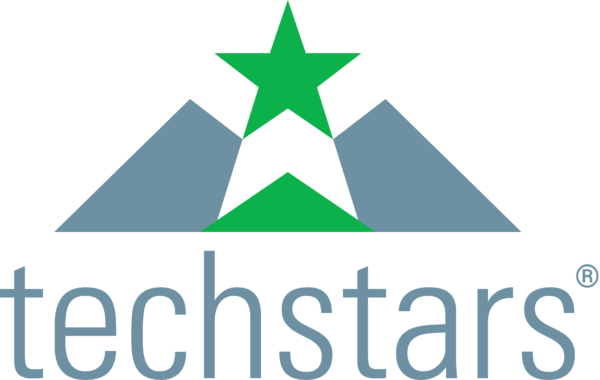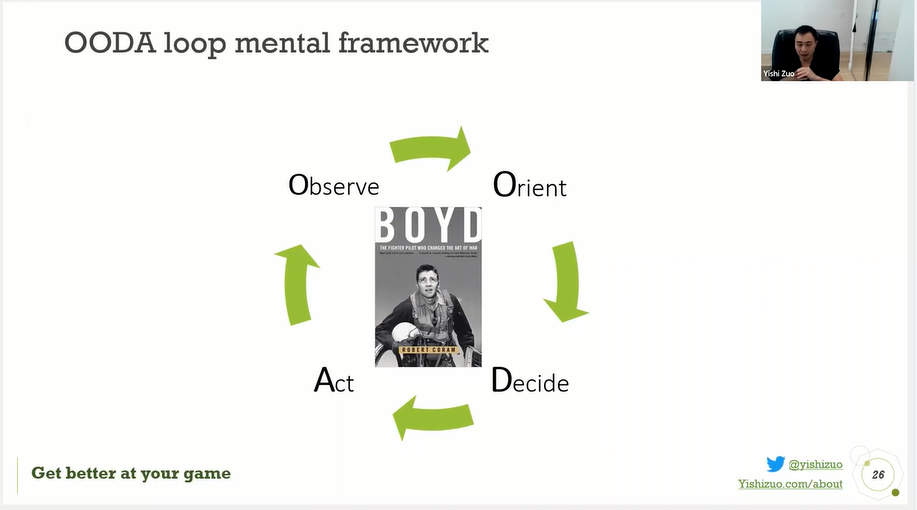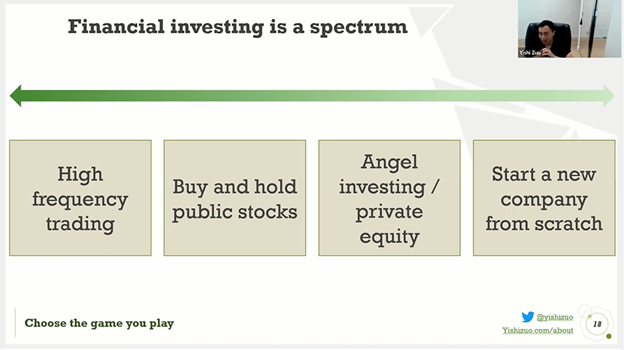Backstory
3 years ago, I co-founded a start-up around the concept of lease-to-own domain names. David Cohen, the co-founder of Techstars, was one of our first customers. To our chagrin . . . he was also one of our only customers!

Needless to say, that business never took off, but one great thing that emerged from that failed start-up experience is the rapport that David and I developed. I have had the privilege of receiving entrepreneurial mentorship & advice from David over the years.
I wanted to share David’s wisdom and message with the broader world, so I recently interviewed him for 40 minutes and wrote a summary of my 4 key takeaways below.
(1) Complete Audio (downloadable) and (2) Full Transcript of the interview.
Takeaway #1: Self awareness
Early on during the interview, I asked David:
“Do you have any advice for people in our late 20s, early 30s, whether we’re entrepreneurs or not, in how to become more self aware of our strengths and weaknesses and act appropriately?”

In response, David says that the 2 most effective things that he has done in his career are:
- CEO coaching.
- “When you get a great CEO coach, or partnership coach, it’s not about the business. It’s about you and your strengths and weaknesses. That’s super valuable to have somebody that’s really great at seeing it in you and just telling you in a trusted way”
- 360 reviews.
- “I know those are somewhat popular now, but that’s where I’ve learned the most about myself. The growth area is where you think you’re good at something but your peers think you’re weak at it or not good at it.
- So just having a group of people that will give you that honest feedback and asking for it, not like hey come in and tell me today, but as a rhythm, surfaces things that you realize about yourself. “
Interestingly, through 360 reviews, David realized that he was a “conflict avoider”, and that feedback enabled him to adapt.
Takeaway #2: Building to one’s strengths
When I asked David about what has made Techstars successful, he responded:
“Part of [Techstars’ success] is I’ve also built it to my strengths.
I don’t want to spend time managing people. I want to spend time finding great investments, sitting on those boards, helping those entrepreneurs succeed, influencing the strategy of Techstars, but not the day to day personnel issues and whatever else that are just not my strengths.
So it’s part of this question you asked earlier about becoming self aware.
You learn what you’re good and bad at and you can work on the things you’re bad at, but you’re probably never going to be great at them.
So you sort of take that data and you build an organization that can be successful.”
This is a common theme in other business leaders I’ve studied over the years. David has created an environment that fits his strengths.

And of course, to emulate these leaders and create such an environment, we must have a good understanding of what our strengths are – which is why the first takeaway around self-awareness is so critical.
Takeaway #3: Being authentic
Building to one’s strengths doesn’t mean ignoring one’s weaknesses. I asked David about his weaknesses and he responded:
“An example of [a weakness] has been selling. In my past, I never thought of myself as good at selling or building strong personal relationships with a purpose of selling.
I’ve had to learn how to do that, with general partners in our venture funds. Relationships with limited partners, who are really important to what you’re doing, really matters and selling to them really matters.
So you work on yourself even though it’s not who you are.”

Techstars has a well-known motto (famous within the organization at least) – “Shut up and execute”. Given David’s comment above, I sense that such a motto is an authentic extension of David’s own personality.
Takeaway #4: Reading people
Context: I think that reading people is a critical business skill. However, relative to a business leader’s strategic prowess, their ability to read people is often undercounted and misunderstood.

I make an effort to ask every business leader I meet about how they size people up. In December 2017, I was fortunate enough to ask Warren Buffett this question (in front of a room of 200 MBA students). Buffett mainly dodged the question – but fortunately, David Cohen provides a much better answer here:
“So one of the keys to reading someone is to ask uncommon questions that people couldn’t possibly be prepared for and get a vibe.
Are they being genuine with you? Are they willing to say, “I’ve never thought about that” or “I don’t know”.
I love those answers because the best entrepreneurs will turn those into, “I don’t know so can we talk about that? That’s really interesting. I want to come away from this with something on that.”
They almost forget they’re in an interview and they really just focus on making the company better. So even if something is really out there, Do they dismiss it? Do they say, “Yeah great idea, let’s go that?” Or do they say, “I want to talk about that and learn more?”
Other topics explored during interview – (1) Complete Audio (downloadable) and (2) Full Transcript.
- Mistakes Techstars Made early on
- Assume good intent (David’s own blog post)
- Don’t make yourself indispensable (David’s own blog post)
- Impact of David’s father (David’s own blog post)
- How David thinks about investments
- David’s strengths as an investor
- How Techstars almost didn’t invest in Sendgrid
- How if David had met Travis Kalanick instead of Ryan Graves, he may not have invested in Uber
**
About the author: Yishi is a former hedge fund investor, current entrepreneur & recent MBA grad who enjoys thinking about businesses in his free time. To contact him about this article, or suggest new future topics – he can be reached via yz[at]yishizuo.com
He is also a co-founder & CEO of DeepBench – a company that connects those who have expert insights with those who need them. If you wish to learn about any industry in any geography, or if you want to join the DeepBench network and be paid for your insights, his company can help!



